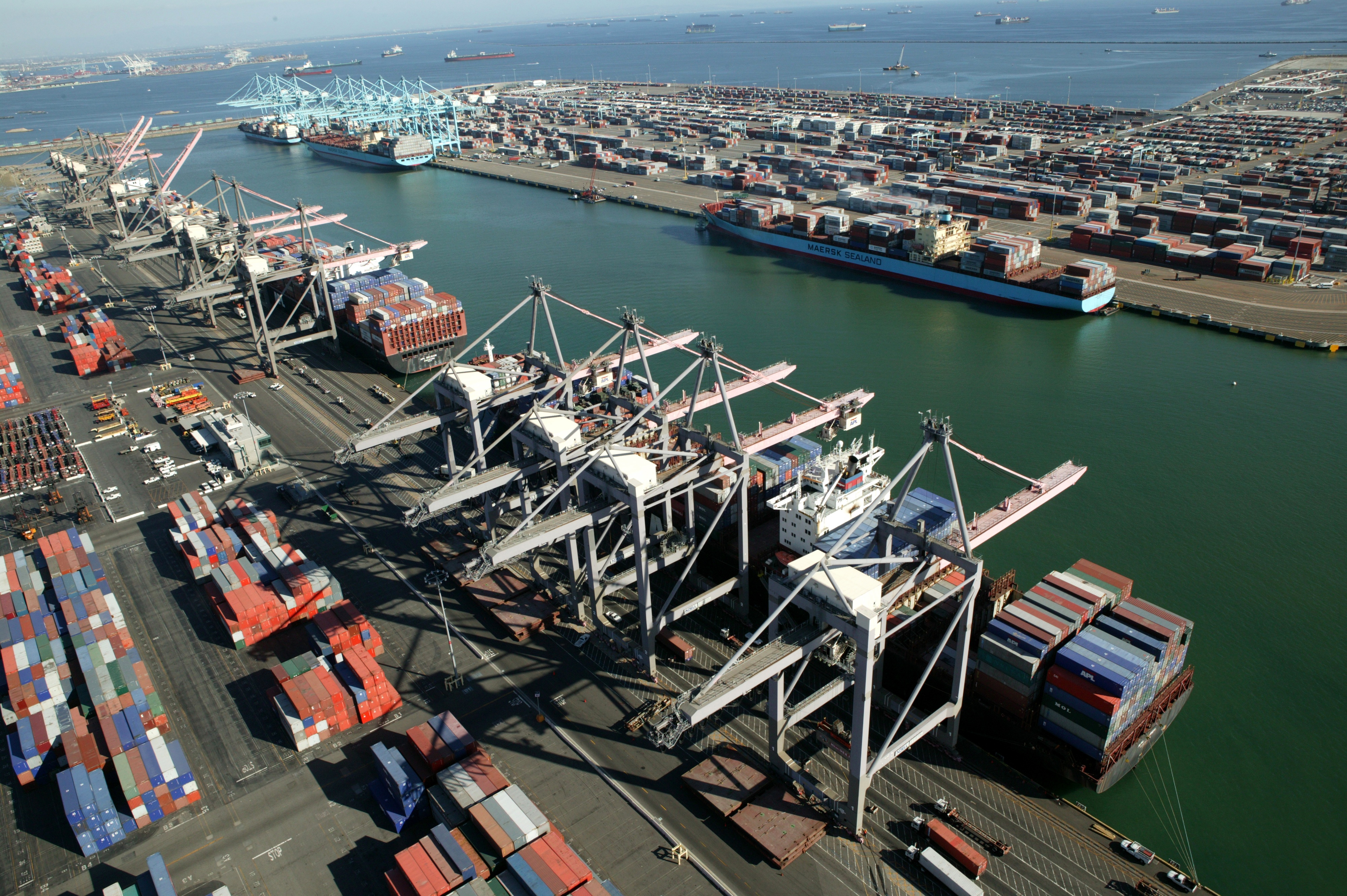In the intricate world of temperature-controlled trucking, selecting the right provider is the key to ensuring the safety and quality of your products during transit. In this article, we cover 5 critical items to consider when choosing transportation providers for your temperature-sensitive logistics needs.
What is Temperature-Controlled Trucking?
 Simply put, the term "temperature-controlled" in the trucking world refers to the carrier’s ability to keep products within their desired temperature range during transport. This type of trucking may also encompass “climate control” – the management of environmental factors like humidity in addition to temperature.
Simply put, the term "temperature-controlled" in the trucking world refers to the carrier’s ability to keep products within their desired temperature range during transport. This type of trucking may also encompass “climate control” – the management of environmental factors like humidity in addition to temperature.
Temperature-controlled transport also refers to multiple temperature ranges. For instance, Weber’s temperature-controlled trucking operations support a variety of temperature ranges including ambient, A/C, refrigerated, and frozen.
With this type of trucking, products are usually transported in a dry van trailer that is fitted with a TRU unit. More commonly referred to as a “refrigeration” or “reefer” unit, a TRU (Transport Refrigeration Unit) is a refrigeration system used to maintain temperature-sensitive goods at specific temperatures during transport. These units are essential in the distribution of perishable items such as food, pharmaceuticals, and chemicals.
TRUs can be powered by small diesel engines or electric motors and are designed to operate independently of the truck's main engine, allowing for precise temperature control. This technology ensures that temperature-sensitive products remain fresh and safe from production to delivery, even over long distances and through varying climates.
What to Look for in a Temp-Controlled Trucking Provider
1. Experience and Knowledge of Products
Your 3PL’s experience with specific products plays a crucial role in temperature-controlled transportation. This expertise is not just about knowing the right temperature settings but also understanding which products can be transported together without risk. For example, while berries and chocolates require different temperatures, a knowledgeable provider can segregate these items within the same trailer to ensure the integrity of both sets of products.
2. The Expertise to Make Necessary Adjustments
Refrigerated products require refrigeration, and ambient products don’t – correct? It’s not always this simple. Transporting a full trailer of gummy bears through the Southwest is going to be very different in February than in August. In the heat of the summer months, products that normally only require an ambient environment may need refrigeration to prevent melting or other product degradation.
3. Compliance and Equipment Regulations
Regulatory compliance, especially in states with stringent environmental standards like California, is a critical factor. Under the federal Clean Air Act of 1963, California can – and does – determine its own environmental regulations through the California Air Resources Board (CARB). Importantly, California’s CARB regulations apply to TRU systems as well as tractors. These regulations are often stricter than federal standards and are generally more challenging (and expensive) to meet than environmental regulations of other states. California-based providers like Weber Logistics, with extensive experience and the latest equipment, offer a significant advantage in maintaining product integrity in the Golden State.
4. Proactive Monitoring and Emergency Response
An adept temperature-controlled transportation provider equips its drivers with the tools, technology and knowledge to monitor cargo temperatures closely while in transit. Drivers must be trained to respond to potentially damaging temperature and/or climate deviations promptly. At Weber Logistics, for instance, our drivers have specific protocols to follow in the event of trailer temperature fluctuations. This can involve consulting their dispatchers or contacting the reefer unit manufacturer’s support services for troubleshooting.
5. Seamless Dock-to-Dock Processes
The responsibility of maintaining the correct temperature for goods extends beyond the road to include loading and unloading processes. Providers must ensure that products remain in spec during the transition from warehouse dock to truck and vice versa. This coordination requires effective communication between the 3PL and the consignee, ensuring goods are handled correctly at every stage – from the appropriate dock assignment to the proximity to temperature-specific storage areas. Some warehousing providers like Weber even have temperature-controlled docks in addition to temp-controlled warehousing environments, and powered plug-in capacity onsite to support electrical refrigeration systems, such as the “Gensets” that support refrigerated ocean and rail containers
Leave Your Temperature-Controlled Trucking to Weber Logistics
Selecting the right temperature-controlled transportation provider is a multifaceted decision that goes beyond basic temperature management. Weber Logistics is a West-Coast-based 3PL provider that performs integrated logistics services – drayage, warehousing, and final-mile delivery – that keeps your products in the desired temperature range throughout the supply chain. To learn more about putting our temperature-controlled services to work for you, contact us today.




 Capital Management
Capital Management